Bringing together the best researchers and most innovative teachers from North America, South America and Europe
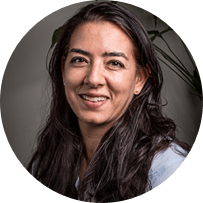
Lorena G. Barberia is an Associate Professor in the Department of Political Science at the University of São Paulo. Her primary fields of interest are comparative political economy, Latin American politics and political methodology. Her work is aimed at analysing redistributive politics in Latin America. At USP, Professor Barberia teaches quantitative methods for undergraduate and graduate courses in the Department of Political Science. She has served as a member of the IPSA-USP Summer School Faculty Coordinating Committee since 2011 and Chair between 2015 and 2021.

Derek Beach is a professor of Political Science at the University of Aarhus, Denmark, where he teaches European integration and research methodology. He has authored articles, chapters, and books on research methodology, policy evaluation, international negotiations, referendums, and European integration, and co-authored the books Process-tracing Methods: Foundations and Guidelines (2019, 2nd edition) and Causal Case Study Methods: Comparing, Matching and Tracing (2016) (both with the University of Michigan Press). He has taught case study methods at ECPR and IPSA summer and winter schools, held short courses at the APSA annual meeting on Process-tracing, ICPSR (Michigan), and numerous workshops and seminars on case-based methods throughout the world. He was an academic fellow at the World Bank’s Independent Evaluation Group in spring 2022, and has conducted evaluations for UN agencies and the World Bank. He is an academic coordinator of the Methods Excellence Network (MethodsNet).
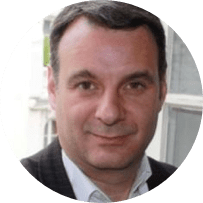
Bruno Cautrès is affiliated with the CEVIPOF- Centre de recherches politiques de Sciences Po (Paris) at the Fondation Nationale des Sciences Politiques in Paris. He is a senior CNRS research fellow with interests in voting behavior, elections studies, comparative survey research and quantitative techniques. He is involved in European Social Survey, European Values Studies, International Social Survey Programme and European elections studies. Bruno Cautrès teaches in Sciences Po political sociology and quantitative methods. He also teaches at the Ljubljana ECPR summer school in methods and techniques. In the 2024 Summer School, Professor Cautrès is teaching two courses on Quantitative Analysis for Public Policy and Survey Methods.
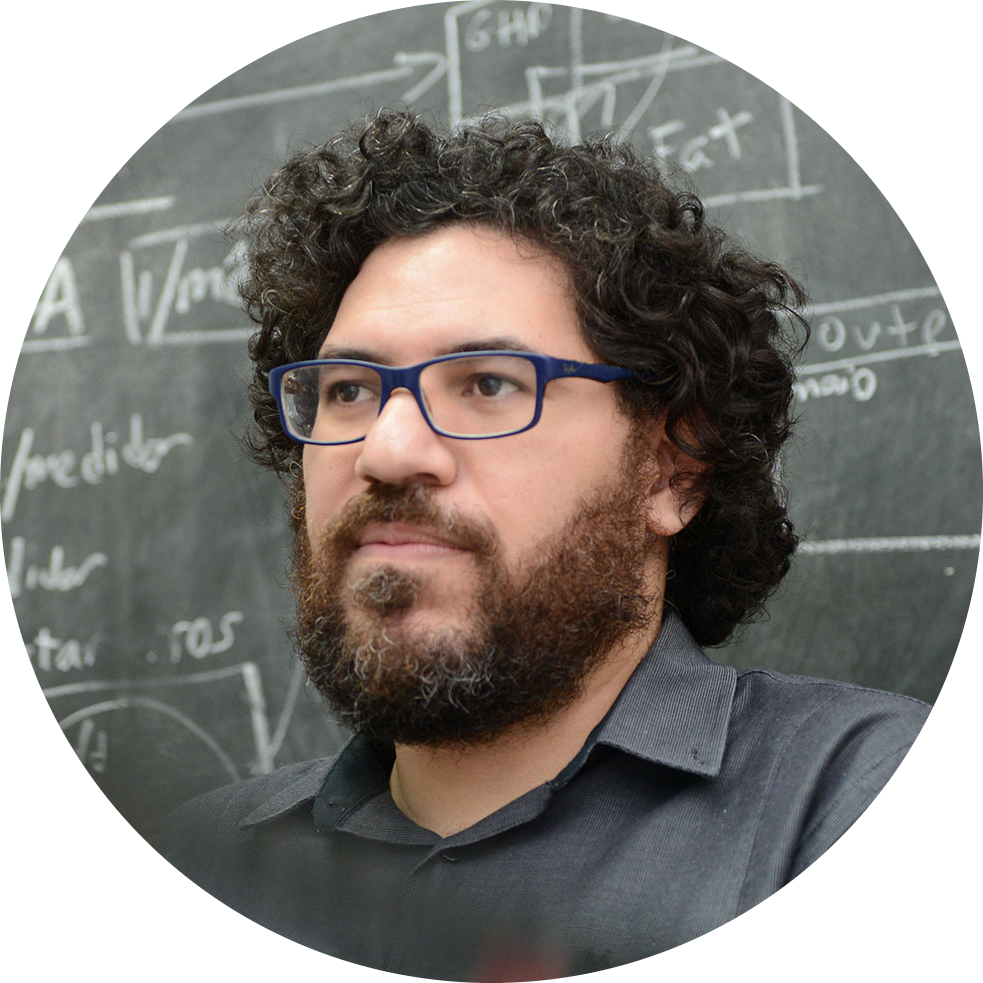
Manoel holds a B.A. in Economics and a PhD in Political Science from University of São Paulo. He worked as data scientist in several companies and projects, served as the Executive Director of Transparência Brasil for seven years, and since 2022 he has been a Professor of Political Science at the University of São Paulo. Additionally, he is a board member of Instituto Não Aceito Corrupção and a researcher at the Center for the Study of International Negotiations at USP, the Social and Affective Neuroscience Institute at Mackenzie University, and the Computational and Social Science Lab at Universidade Federal de Pernambuco. His research focuses on corruption studies, international political economy, Brazilian foreign policy, public policy, and computational social science.
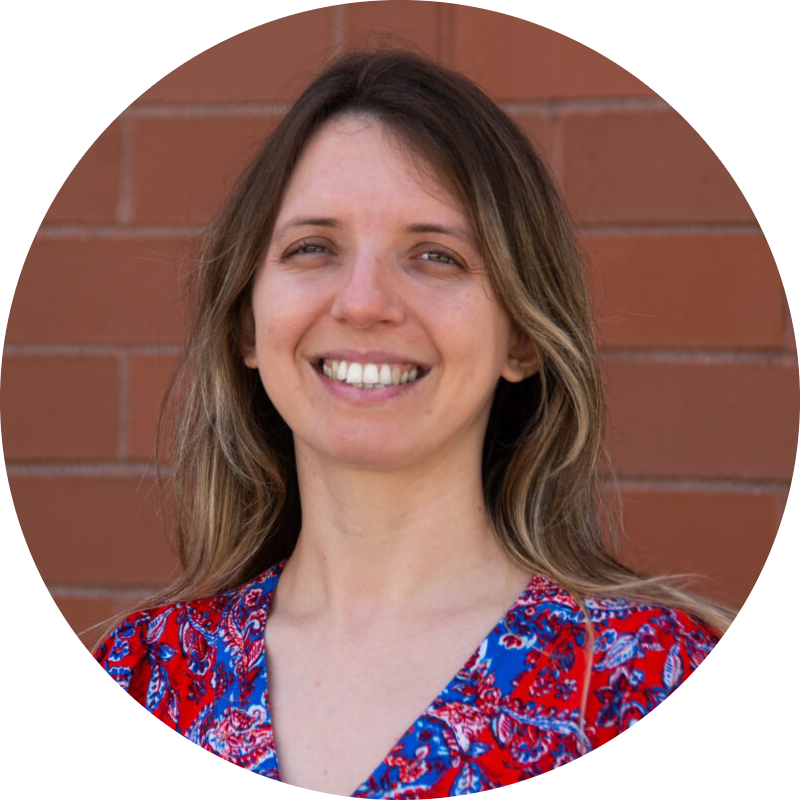
Natália de Paula Moreira is a Postdoctoral Research Fellow at Wesleyan University. Moreira received her Ph.D. in political science from the University of São Paulo in 2021. She also holds a master’s degree in political science and a BA in social science. Her primary fields of interest are public opinion, public policy, and political methodology. From 2017 to 2018, Moreira was a visiting student at the political science department at Texas A&M University. In addition to her work as a research fellow, she also teaches a course on Survey Design and Analysis at the Quantitative Analysis Center at Wesleyan University.
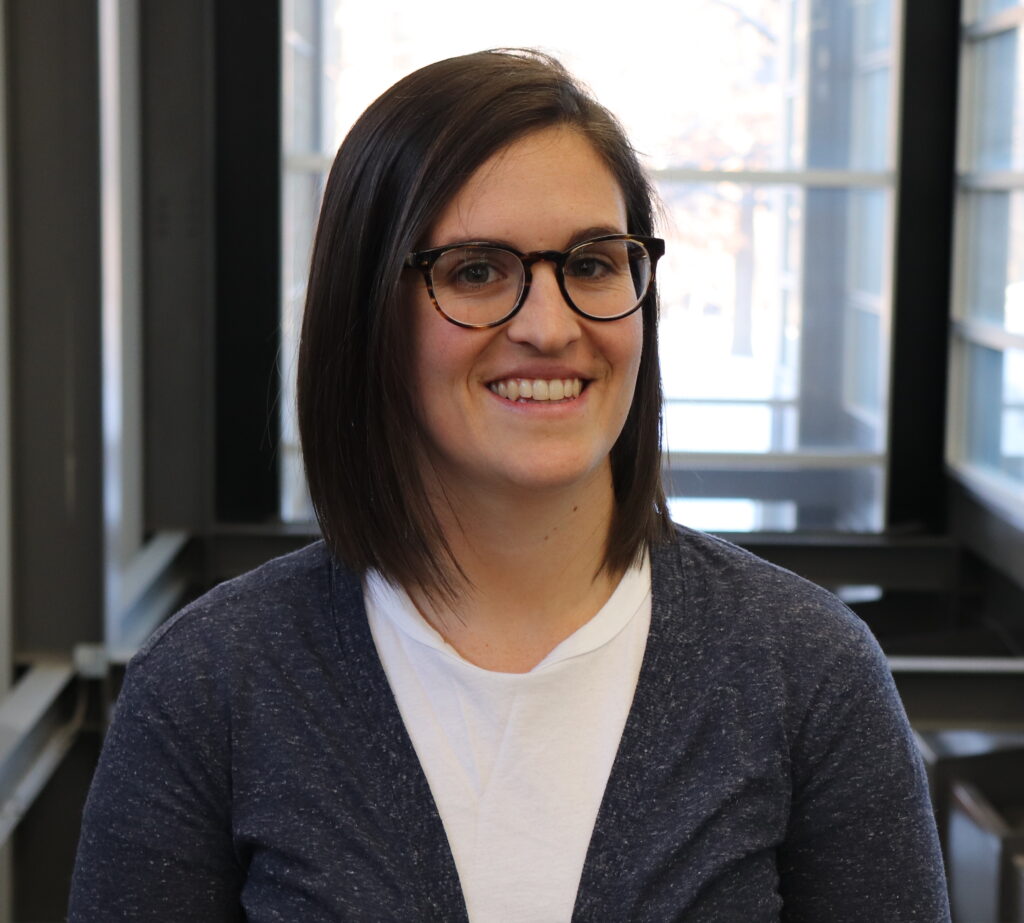
Rachel A. Schwartz is an Assistant Professor of International and Area Studies at the University
of Oklahoma in the United States. Her research focuses on political violence and its legacies,
statebuilding, corruption, and democratization in Latin America, as well as qualitative methods. others. Since 2023 she has served as a co-instructor for a course on rethinking comparison in the social sciences at the Institute for Qualitative and Multi-Methods Research (IQMR) at Syracuse
University.
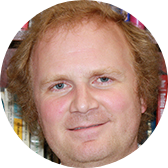
Dr. Seawright is associate professor of political science at Northwestern University, and she received graduate degrees in political science and statistics from the University of California, Berkeley. She has published books and articles on multi-method research designs for causal inference; about the link between class and gender inequality and unequal political representation; and about how dynamics of political psychology and organization shape party-system change. She has a special research interest in the politics of the Andean countries of South America. Professor Seawright has been on the IPSA-USP Summer School faculty since 2016. In the 2025 Summer School, she will be teaching two courses on Multi-Methods Research.
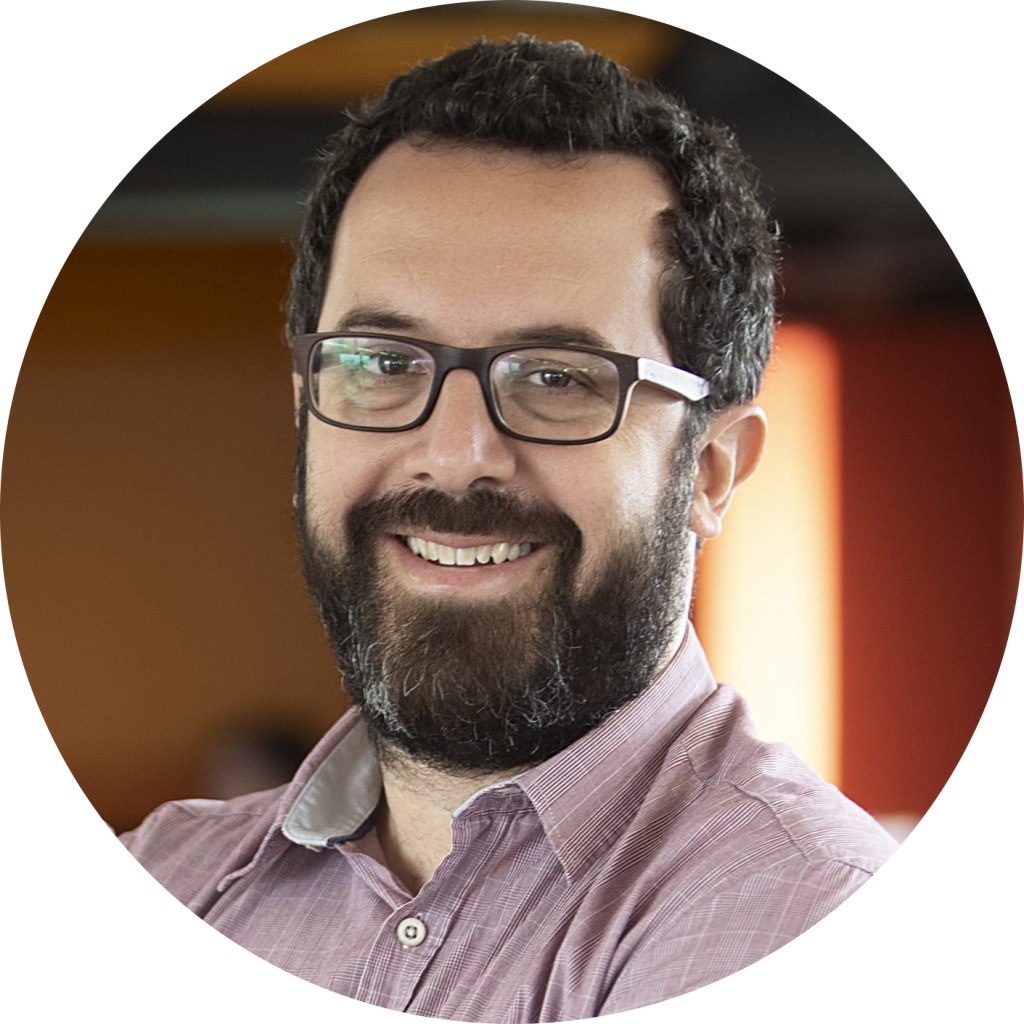
Glauco Peres da Silva is a professor in the Department of Political Science at the University of São Paulo. His primary fields of interest are electoral politics and the political economy of Executive -Legislative relations. His current research aims to understand the incentives on Congressmen behavior created by electoral legislation. He has served as an instructor in the IPSA-USP Summer School since 2012, where he has taught the refresher courses in mathematics, statistical inference, and multiple regression.

Guy D. Whitten is a Professor of Political Science and the Director of the European Union Center at Texas A&M University. Dr. Whitten’s primary research and teaching interests are mass political economy, comparative politics, and political methodology. Much of his research has involved cross-national comparative studies of industrial democratic nations. He has published a variety of manuscripts in peer-reviewed journals, including the American Journal of Political Science, Armed Forces and Society, the British Journal of Political Science, Electoral Studies, the Journal of Politics, and Political Behavior. He is an active reviewer of manuscripts, and currently serves on the editorial boards of the American Journal of Political Science, Electoral Studies, and Political Science Research and Methods. His teaching interests are political economy, public policy, political methodology, and comparative politics. In the 2024 Summer School, Professor Whitten is teaching the courses on Advances of Time-Series Cross-Section Analysis.
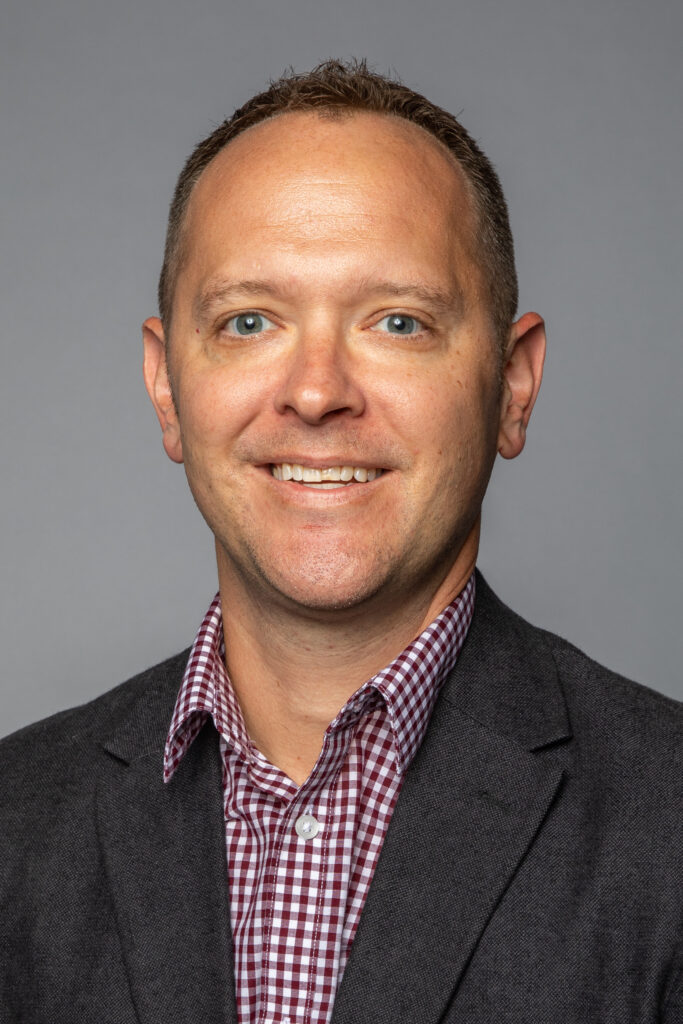
Laron K Williams is the Frederick A. Middlebush Chair of Political Science in the Truman School of Government and Public Affairs at the University of Missouri. He has a PhD in political science from Texas A&M University. His research interests center on electoral accountability, public opinion, and party competition and he specializes in spatial econometrics, time series, and interpretation practices.